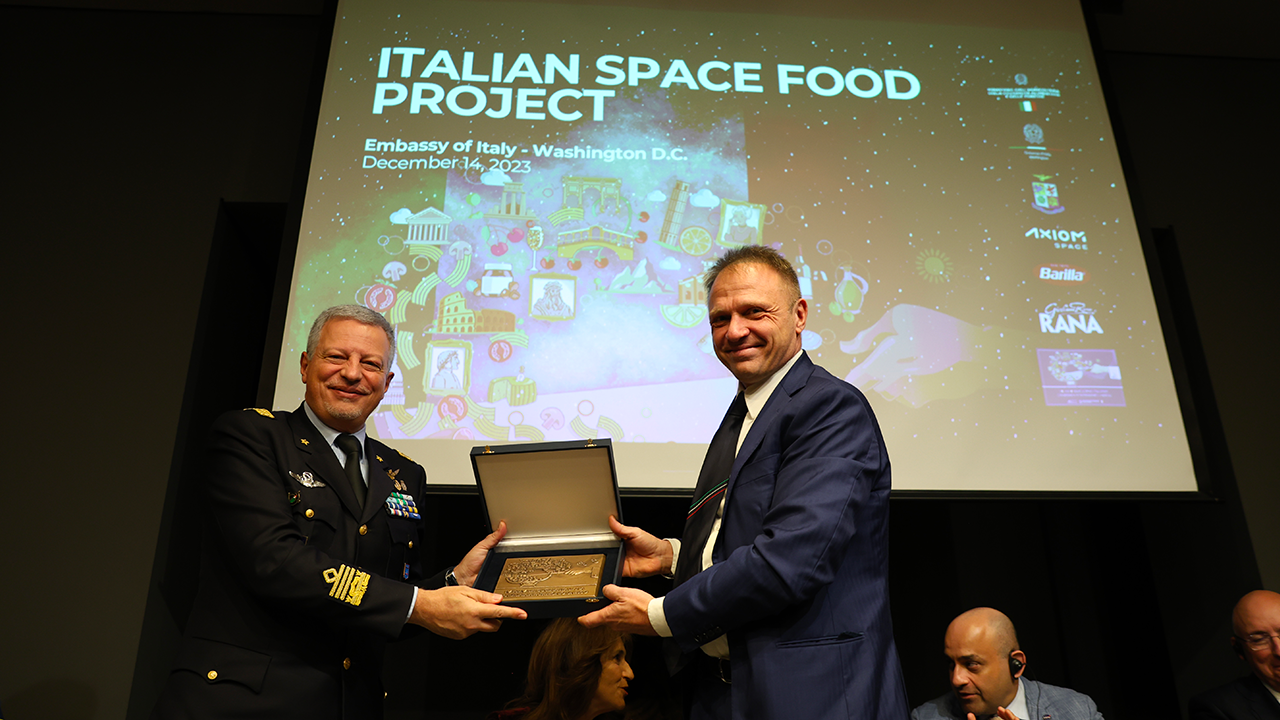Because space Italy needs more effective storytelling

Italian investment in technology, innovation and scientific research is anything but despicable and also achieves significant results. But when we have to represent this reality, we end up falling into clichés. Battista Falconi's italics
There is more Italy in space than there is space in Italy, in the sense that Italian investment in technology, innovation and scientific research is anything but despicable and even achieves some significant results. When we have to represent this reality in the media, however, we end up falling into some clichés. One of the most used is the lack of resources, the other is the complaint about the so-called “brain drain”. As regards the first, it is obvious that funding is never enough for those who ask for it, but if we look at the real conditions we note that an amendment by the rapporteurs to the budget provides for 500 thousand euros more per year for research, including applied research. for three years. The government then confirmed its readiness to support the commitment to host the Einstein Telescope : a letter to Antonio Zoccoli, president of the National Institute of Nuclear Physics and coordinator of the Italian candidacy, ensures approximately 950 million euros in total during the nine years foreseen for construction, from 2026 to 2035.
The problem, as often happens in the hypermedia society in which we are immersed, is narrative. Suffice it to say that on the financing of ET, an infrastructure that would allow the observation and knowledge of the cosmos to significantly evolve, the Sardinian parliamentarians Marco Meloni and Silvio Lai, of the Democratic Party, complained that the resources should be guaranteed in a law and in particular in the three-year budget maneuver 2024-2026. While it is obvious that the post cannot be assigned when it has not yet been decided where Europe will want to install the telescope. A bit like what happens with those who complain about the expatriation of our researchers, a physiological fact in an intellectual sector with very high mobility, while the problem is if anything the lack of (but not so despicable) Italian attractiveness for foreign researchers.
In this narrative we then tend to boast about some image operations without grasping the substantial importance of other investments and results. We have noticed this particularly in this period, in which several significant events have overlapped, with the Italian participation in the AX3 mission in collaboration with Axiom, particularly important because it marks the end of the ISS, the International Space Station which has so far hosted European astronauts .
In this context, the robust presence of our nation is realized in the meantime in Walter Villadei, the Air Force astronaut who for the first time will pilot a spacecraft, then in the habitable modules produced by Thales Alenia Space Italia, world leader in these technologies . Finally, in the biomedical area experiments of the Italian Space Agency, in coordination with some bodies and universities, which will concern the effects of microgravity on proteins implicated in neurodegenerative diseases such as Alzheimer's disease, the study of female fertility and the oxidative stress underlying cognitive disorders and behavioral, further investigations into molecular markers, real-time measurement of radiation levels and the shielding capacity of some systems and materials.
Yet the public has probably only received news of the Ministry of Agriculture 's project, the part of the experimentation that concerns food and which received the most attention from the Italian media. The latter, as well as the public they address, are very struck by images of colour: while, with all due respect, space Italy is not just pasta. The Italian Food in Space project, however, "pulls" more, it is linked to the UNESCO candidacy of Italian cuisine as an intangible cultural heritage of humanity, and that's enough. But then, if we want to pay attention to the symbolic signs, which certainly have their importance, we could also remember that the Festival of science, arts and cultures and sport was held in Caivano, promoted by the Ministry of University and research in a state comprehensive institute, with artistic works created in collaboration between INFN and CERN of Geneva. An event whose recognition, however, would also imply supporting the Government in perhaps the most iconic operation it is conducting, therefore it is better to ignore it.
However, folklorism is always better than phobia, such as the one against the production of nuclear energy. Although, fortunately, the position is changing on the topic. This is attested by the intervention of Matteo Richetti, group leader of Action in the Chamber, who in his reply to Minister Pichetto Fratin during question time said clearly: "Investing in nuclear power means thinking about the future of the country". Future not because this source can alone solve the complex problem of energy needs, both Italian and otherwise, but because it cannot even be excluded from the varied package that must be used, perhaps in favor of "green" practices, which are more ethically beautiful than good basically.
The green narrative is dangerous, precisely because it narrows the view and confuses objectives and results with wishes. It is really difficult to say how COP 28 ended: according to Ursula Von der Leyen and a few others, the agreement signed in Dubai is good news, but to really think that – as UN Secretary Gutierrez says, who on this issue appears a little extremist, as indeed on the Middle East – should and can the era of fossil fuels end simply means deluding oneself.
This is a machine translation from Italian language of a post published on Start Magazine at the URL https://www.startmag.it/innovazione/italia-spaziale-storytelling/ on Sat, 23 Dec 2023 06:33:38 +0000.
